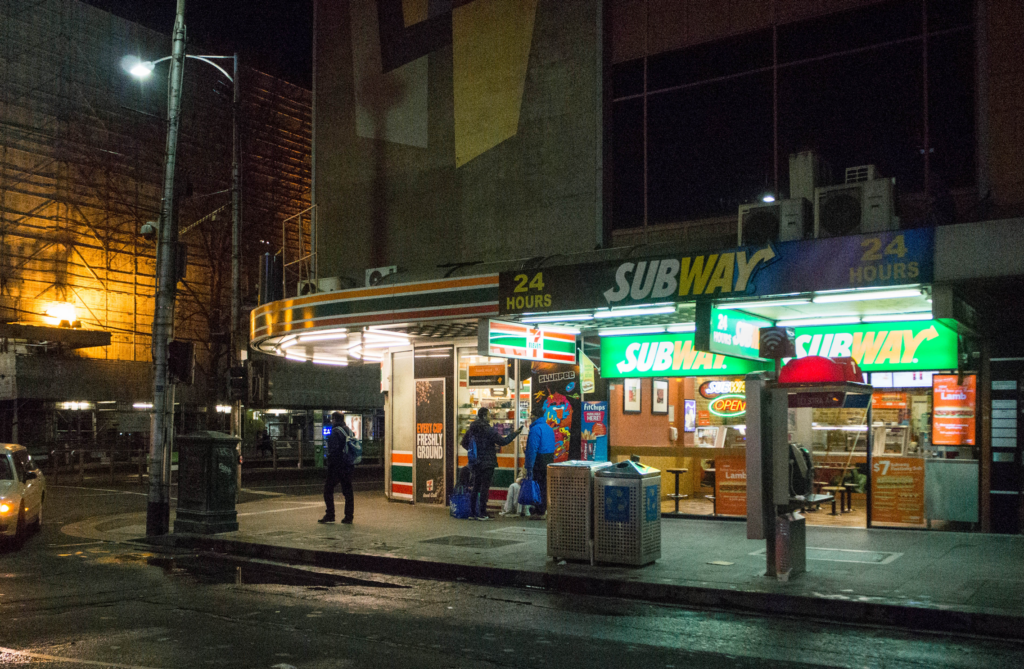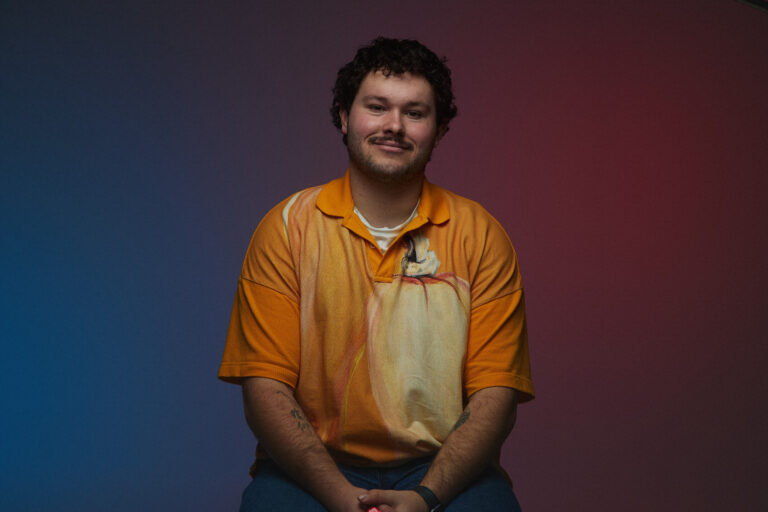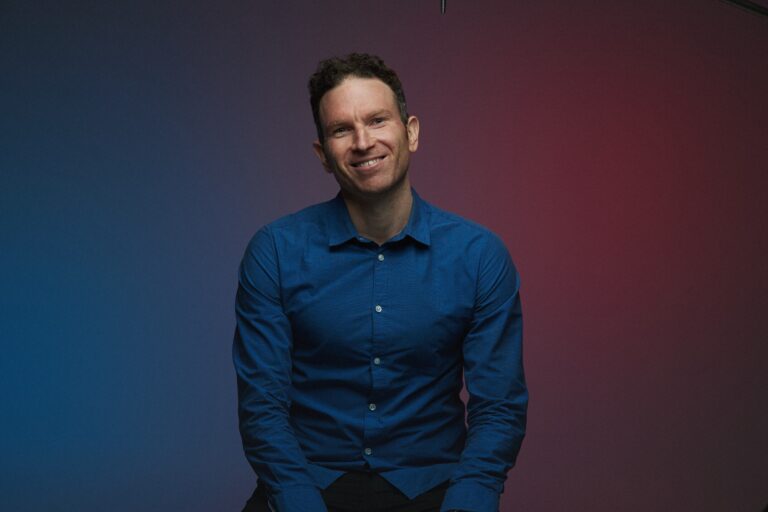Insights from our experiences talking to those on the streets.

During the Covid-19 crisis, concerns relating to our homeless populations seem to have found their way into popular media more frequently than usual. People are asking good questions – how do you expect the homeless to self-isolate? How will the homeless survive in a ghost-town where the few remaining city-dwellers are maintaining physical distancing?
Why, if our city’s hotels can be booked out by the government for quarantine, can they not also be booked out to support those on the streets?
These are all questions worth asking but without easy answers. I think this is a feeling a lot of people have about homelessness, both now and in normal times: we know homelessness is a large-scale problem, but we don’t know what can be done. We know that any small scale help we can ourselves provide is appreciated yet insufficient, and we’re not optimistic about any single issue receiving adequate attention by our leaders. Our governments have a lot on their plates – and we can understand this.
So, you’d be forgiven for thinking there’s nothing we can do. But there is. What we can all do is take the first steps toward addressing some of the problems that underpin and entrench homelessness. At both the individual and community levels, the one thing we can start to work on right away is perception.
‘Stigma’ is more than a mere buzzword. It’s a genuine force. Why do most people not give money to homeless people? Why are many in our community people against increased public funding in social housing or support schemes? Think about the first answers that pop into your head, and now think again, why do I think that? I’d suggest that a lot of peoples’ intuitive answers here would be firmly grounded in stigma – whether conscious or inadvertent.
While everyone is entitled to their opinions, there are certain attitudes which will never get us anywhere. For every person on the street that you might think will ‘waste’ the change you give them, there is a handful that is just saving for a room for the night. For every person that might become a ‘strain on the system’ in public housing, there is a handful for whom this crucial first step will get them back on their own feet.
This is all just an opinion, but it’s one formulated from accounts given first hand by our friends on the streets. If we never even give people a chance, then, of course, we can’t hope for a solution. So what can you do about homelessness? Right now, you can start to think differently. Drop your assumptions. Stop and say hi.
To learn more about homelessness, Mobilise, or to join us for an outreach, please sign up Right Here
To stay up to date and get in contact with us please reach out and follow:
- Facebook – @wearemobilise
- Instagram – @wearemobilise
- Email – [email protected]












